ASCENSION FORUM
Forum for Ascension Studies & Universal Metaphysics
The emerging science : We are ONE consciousness .Donald Hoffman
Quote from Da Grace Gayasha San on July 23, 2024, 4:37 pmDonald Hoffman is back on Know Thyself today to explore the constraints of time and space, and how they shape our understanding of the world around us. He discusses the "headset analogy" - the idea that our senses act as a kind of cognitive filter, preventing us from directly perceiving the true nature of reality.
Donald delves into the paradoxes found in various mathematical theorems, and his newest research on "conscious agents" and how it relates to the Gaia hypothesis. The significance of mystical experiences and their potential to reveal truths about the nature of reality is also covered.
Hoffman also opens up about his thoughts on reincarnation, the relationship between science and spirituality, and the possibility of artificial intelligence becoming truly conscious.André's Book Recommendations: https://www.knowthyself.one/books
Donald David Hoffman is an American cognitive psychologist and popular science author. He is a professor in the Department of Cognitive Sciences at the University of California, Irvine, with joint appointments in the Department of Philosophy, the Department of Logic and Philosophy of Science, and the School of Computer Science.
Hoffman studies consciousness, visual perception and evolutionary psychology using mathematical models and psychophysical experiments. His research subjects include facial attractiveness, the recognition of shape, the perception of motion and color, the evolution of perception, and the mind–body problem.
He has co-authored two technical books; Observer Mechanics: A Formal Theory of Perception (1989) offers a theory of consciousness and its relationship to physics; Automotive Lighting and Human Vision (2005) applies vision science to vehicle lighting. His book Visual Intelligence: How We Create What We See (1998) presents the modern science of visual perception to a broad audience. His 2015 TED Talk, "Do we see reality as it is?" argues that our perceptions have evolved to hide reality from us.
Donald Hoffman is back on Know Thyself today to explore the constraints of time and space, and how they shape our understanding of the world around us. He discusses the "headset analogy" - the idea that our senses act as a kind of cognitive filter, preventing us from directly perceiving the true nature of reality.
Donald delves into the paradoxes found in various mathematical theorems, and his newest research on "conscious agents" and how it relates to the Gaia hypothesis. The significance of mystical experiences and their potential to reveal truths about the nature of reality is also covered.
Hoffman also opens up about his thoughts on reincarnation, the relationship between science and spirituality, and the possibility of artificial intelligence becoming truly conscious.
André's Book Recommendations: https://www.knowthyself.one/books
Donald David Hoffman is an American cognitive psychologist and popular science author. He is a professor in the Department of Cognitive Sciences at the University of California, Irvine, with joint appointments in the Department of Philosophy, the Department of Logic and Philosophy of Science, and the School of Computer Science.
Hoffman studies consciousness, visual perception and evolutionary psychology using mathematical models and psychophysical experiments. His research subjects include facial attractiveness, the recognition of shape, the perception of motion and color, the evolution of perception, and the mind–body problem.
He has co-authored two technical books; Observer Mechanics: A Formal Theory of Perception (1989) offers a theory of consciousness and its relationship to physics; Automotive Lighting and Human Vision (2005) applies vision science to vehicle lighting. His book Visual Intelligence: How We Create What We See (1998) presents the modern science of visual perception to a broad audience. His 2015 TED Talk, "Do we see reality as it is?" argues that our perceptions have evolved to hide reality from us.

